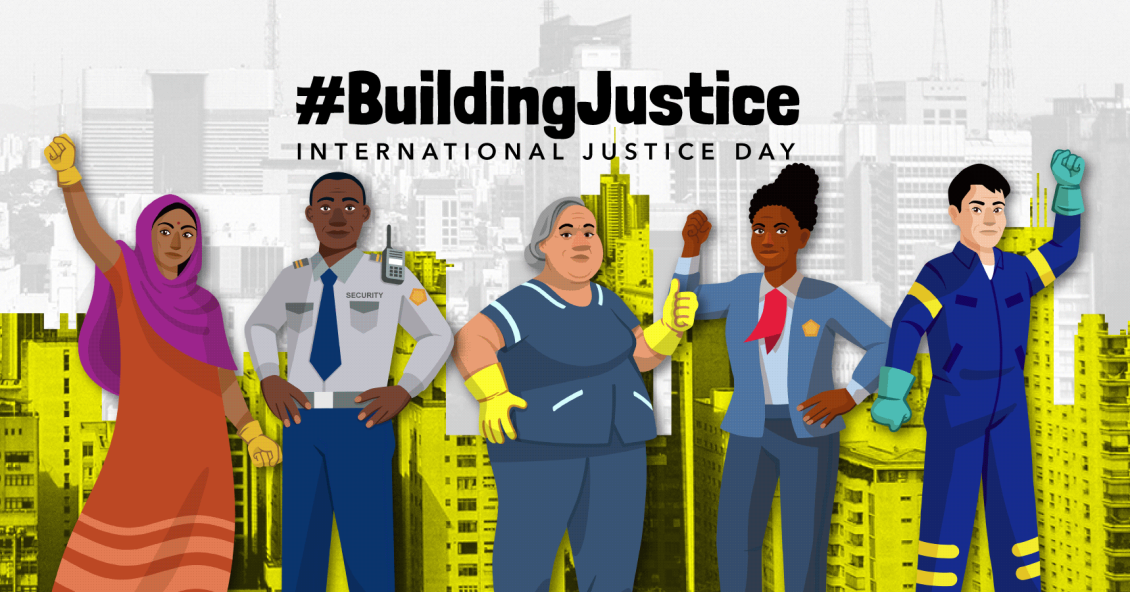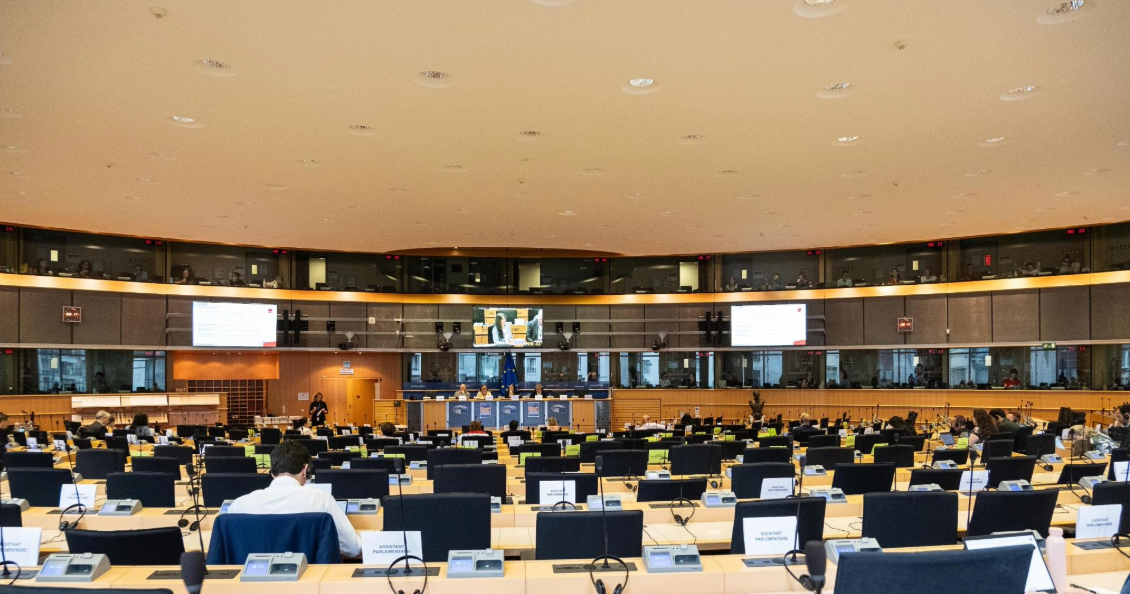#BuildingJustice: Cleaners and Security Officers Demand Respect and Rights on International Justice Day
15.06.23
On International Justice Day 2023, we come together to honour the millions of cleaners and security officers who play a vital role in our societies. In these challenging times, their bravery and determination serve as an example to the world. Today, unions across the globe mobilize to demand respect and rights for cleaners and security officers.
The day of actions will begin in New Zealand, where union activists will kick off a series of public events. Meanwhile, cleaners at Melbourne Airport will be advocating for their rights and demanding a new collective agreement. In Canberra, workers will have the opportunity to engage in meaningful discussions about the importance unionizing as a way to improve working conditions for all workers in the Australian parliament. In Nepal and India, the home state of Prime Minister Modi, are actively participating in the cause with their own unique activities. Unions in Germany are organizing simultaneous actions across multiple cities. Similarly, unions in the Netherlands, Sweden, Norway, United States, Kenya, Finland and workers in over 12 countries in the Americas will join forces to amplify their voices for justice and better working conditions.
As part of International Justice Day, a groundbreaking international survey commissioned by UNI Global Union has shed light on the significant challenges faced by cleaning professionals who work irregular and unsocial shifts. With responses from over 2,500 cleaners in 32 countries across 6 continents, the survey has unveiled the detrimental effects of shift work on the health, well-being, and social inclusion of workers.
The findings reveal a range of adverse effects experienced by cleaners who work shifts other than the day shift. Isolation, difficulties in maintaining relationships, strained social lives, poor sleep schedules, exhaustion, and adverse impacts on physical and mental health are among the challenges they face.
Key Findings:
**Shift Disadvantage:** Approximately half of the surveyed cleaners work shifts outside of the regular day shift, with statistical analysis indicating significant disadvantages compared to day-shift cleaners.
**Sleep Deprivation:** Nearly 70% of night-shift cleaners and over half of early morning and evening shift cleaners report not getting enough sleep, emphasizing the detrimental impact of non-day shifts on cleaners’ sleep patterns.
**Safety Concerns:** Around 45% of female cleaners working the night shift express feeling unsafe at work. A significant number of them have experienced harassment at work and during their commute, with over a third reporting incidents of harassment.
**Social and Family Life Conflict:** Evening and night-shift workers face higher rates of conflict between their work schedules and their social and family lives compared to their counterparts on the day shift. Testimonies from cleaners highlight the negative impact on their relationships with their children and partners.
**Lack of Choice:** Seven in ten cleaners working shifts other than the day shift do so because they have no alternative, pointing to the fact that many cleaners are forced to accept non-day shifts due to limited options or circumstances.
“We have long advocated for building a movement for justice in the cleaning sector, recognizing the negative consequences of irregular and unsocial shifts on workers,” said Eddy Stam, UNI Global Union’s Head of Property Services. “This survey reinforces the urgent need for the industry to address scheduling issues and prioritize the physical and mental health of cleaners. By standing together and mobilizing on International Justice Day, we can build a powerful movement that demands respect and rights for cleaners and security officers globally. It is through unity and collective action that we can create lasting change and ensure a more just and equitable future for all.”
The survey captures the voices of cleaners themselves, providing a comprehensive look at the experiences and perspectives of these essential workers. Their testimonies emphasize the impact of shift work on personal relationships, physical health, safety, and social lives. The survey also unveils demographic insights, reflecting the diversity within the cleaning workforce. Of the respondents, 70% identified as female, approximately 25% identified as immigrants in their respective countries of work, and 20% identified as people of colour.
As we commemorate International Justice Day, let us stand united with cleaners and security officers, recognizing their invaluable contributions and advocating for the respect and rights they deserve. Together, we can build a more just and equitable future for all workers.


